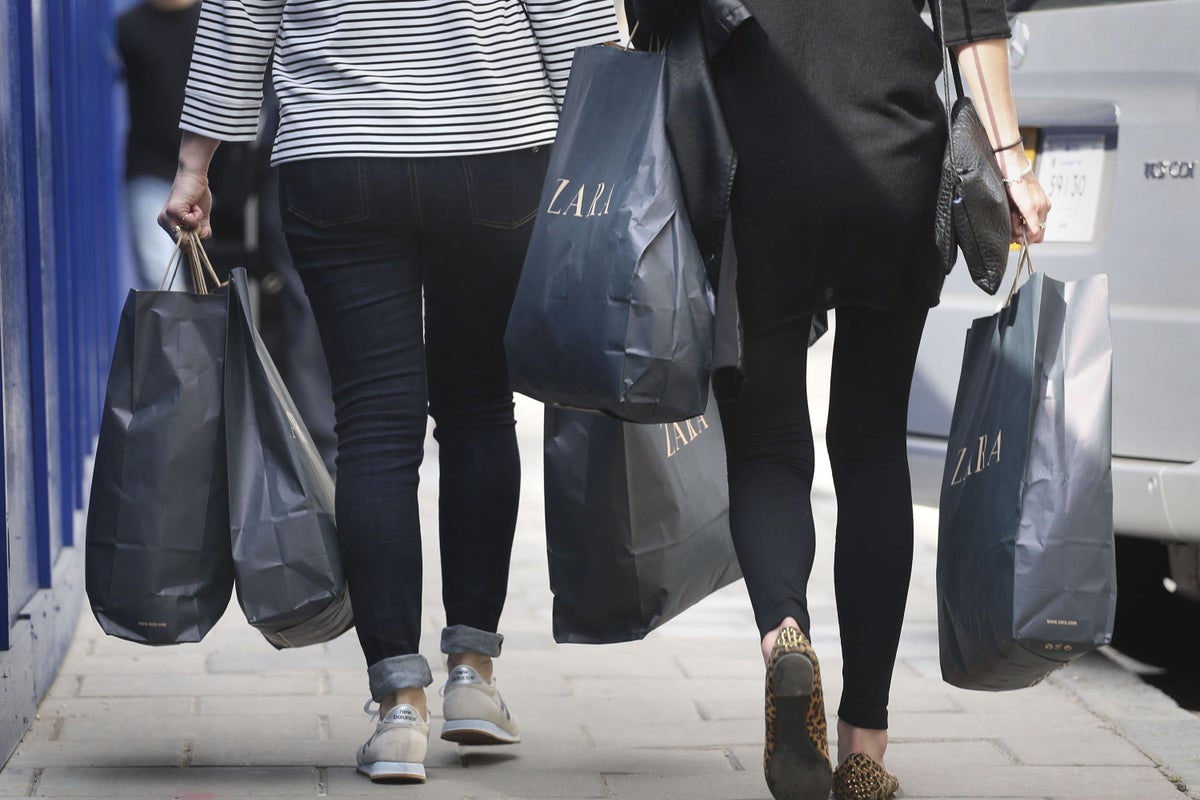Retailers in the UK are preparing to raise prices, reduce their workforce and slash investment as a new survey reveals the sharpest drop in sentiment across the sector since the pandemic.
According to research by the Confederation of British Industry (CBI), employment across retailers declined in the year to May, and is expected to fall faster next month.
The CBI’s quarterly industry gauge showed that firms also expect to cut back on investment plans in the next 12 months, while they also anticipate that price rises will continue to accelerate in June.
Retailers have been hit by rising costs after the Government increased company national insurance contributions (Nics) in April, a tax which makes it more expensive to employ people.
The minimum wage also increased at the same time, while consumer confidence remains low after hitting a record low in April, according to some surveys.
In the wake of the changes, confidence across the retail sector has fallen at the sharpest pace in five years.
The CBI said a net balance of companies expecting business to worsen over the next three months stood at minus 29 per cent, down from a reading of minus 19 per cent in February.
The balance of firms that expect prices to increase at an accelerated rate next month was 57 per cent.
Ben Jones, lead economist at the CBI, said: “This was a fairly downbeat survey and highlights some of the challenges facing the retail and wider distribution sector.”
Firms are “feeling the impact of higher Nics and the national living wage increase”, he added.
“In contrast to other recent retail data, this survey suggests parts of the sector are still struggling with fragile consumer demand, though online sales seem to be holding up better.
“Our quarterly survey suggests that retailers are cutting back on hiring, scaling back investment and expect to increase selling prices at the fastest pace for over a year.
The net balance of firms expecting a decline in headcount next month was minus 20 per cent, while those expecting to scale back investment was minus 47 per cent.

